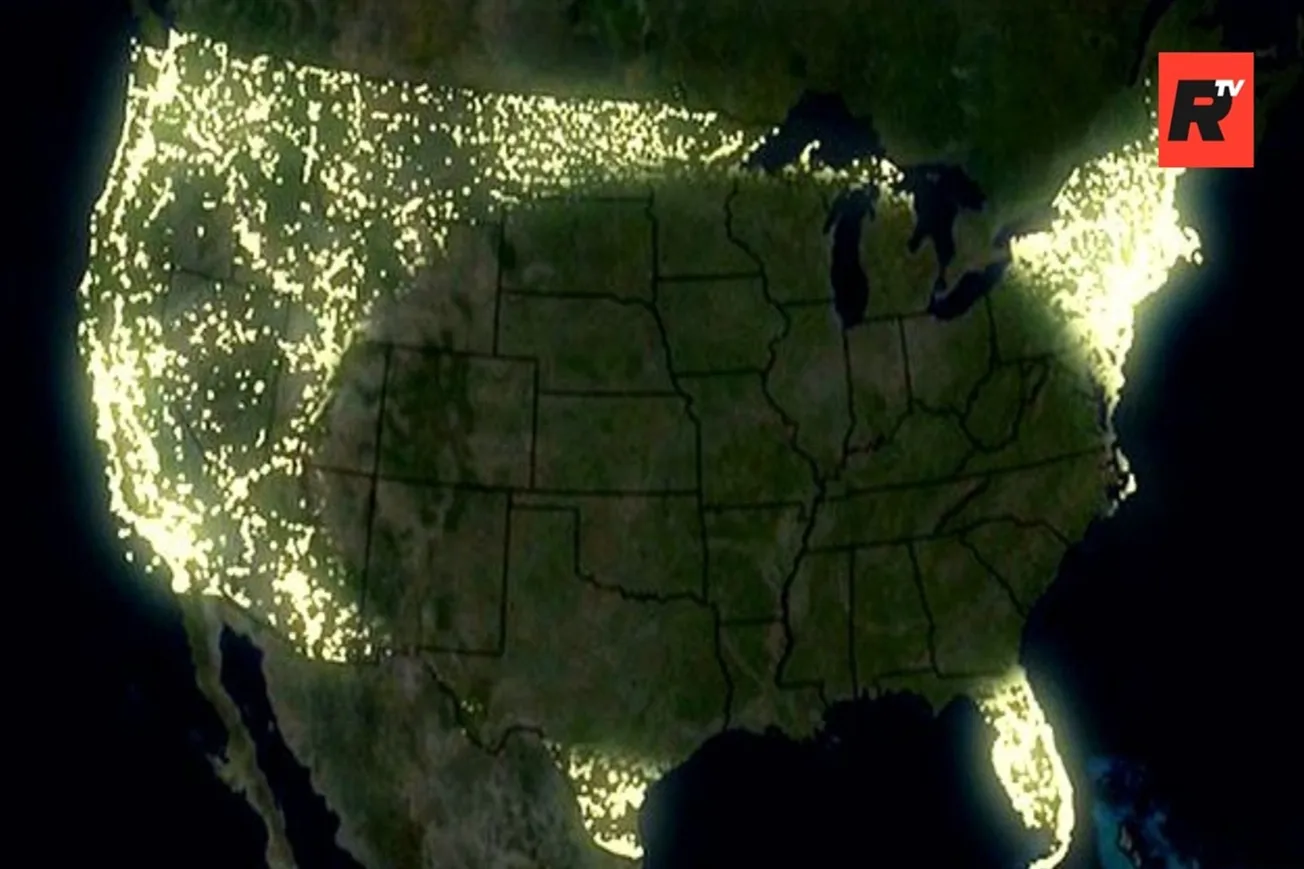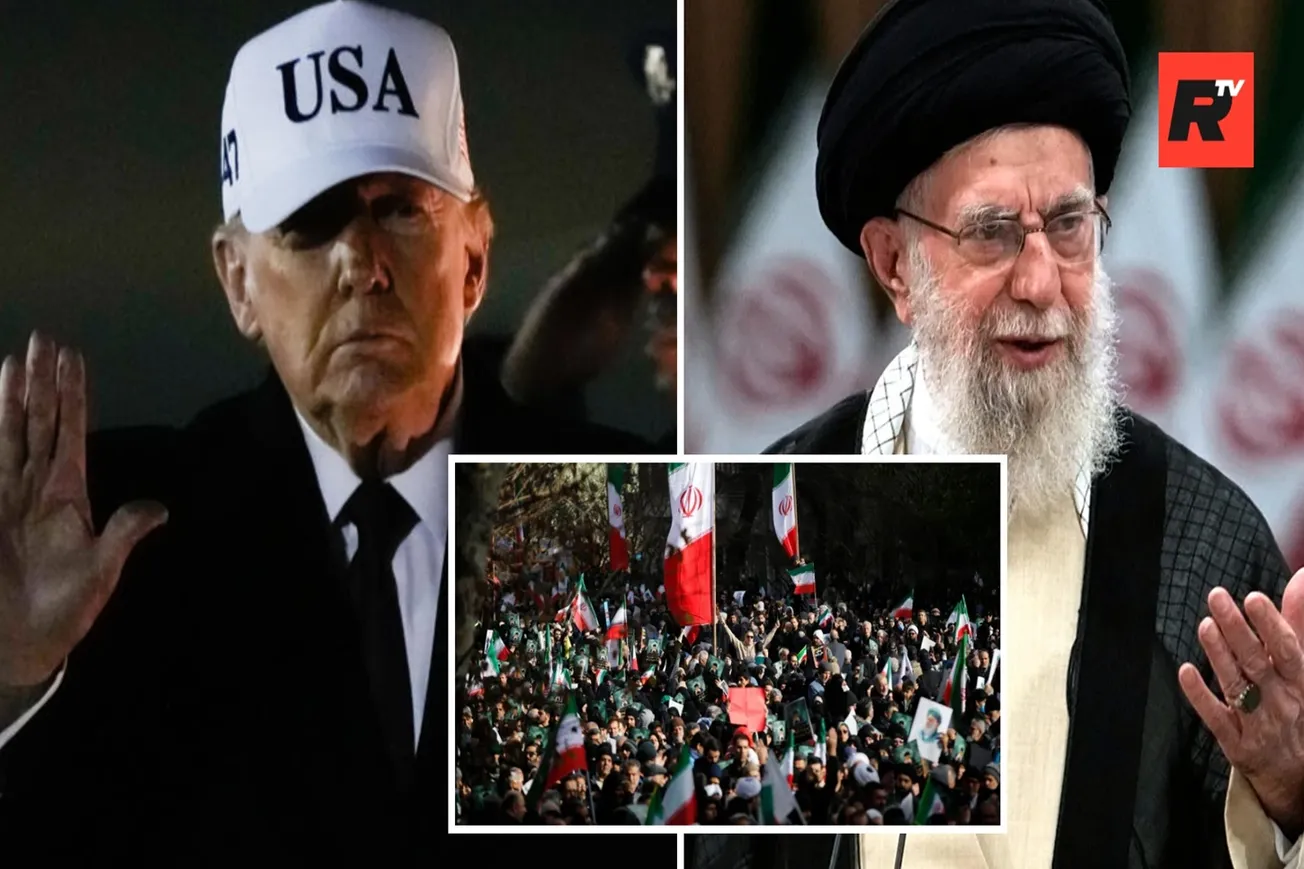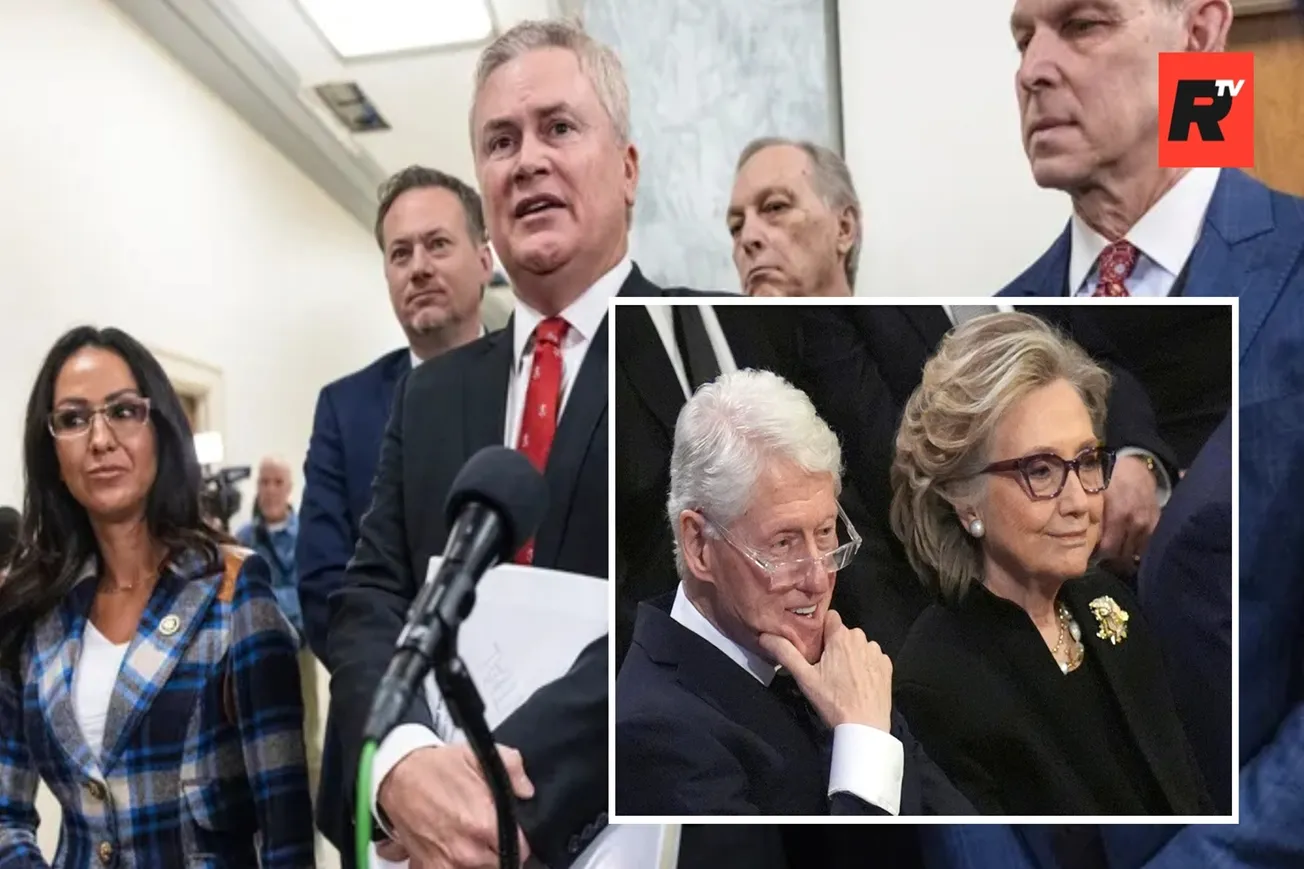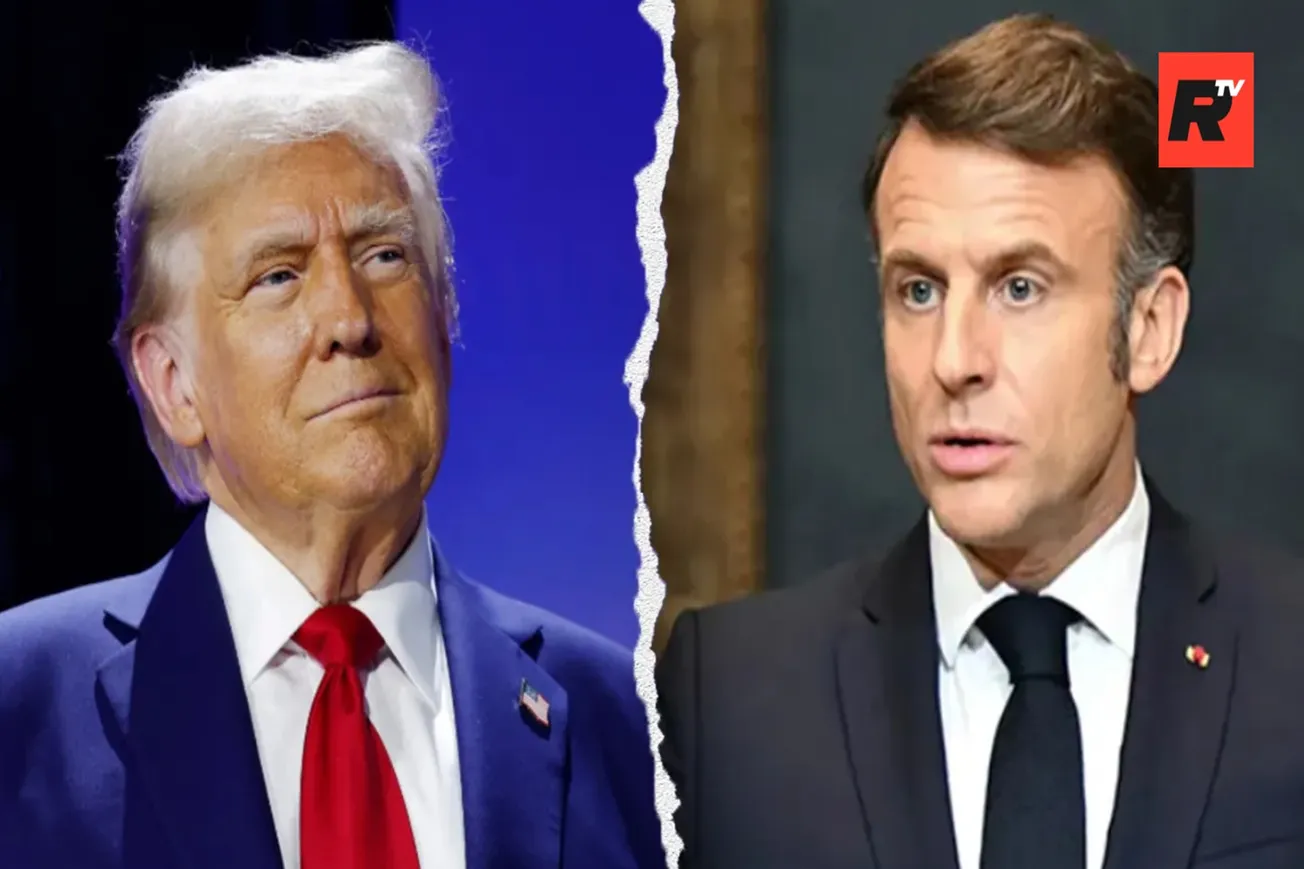Table of Contents
The globalist elites and their judicial cronies are at it again, trying to kneecap President Trump’s America First agenda.
In a stunning power grab, a trio of judges in New York just slammed the brakes on Trump’s bold tariff strategy, claiming he overstepped his authority.
A three-judge panel at the U.S. Court of International Trade in New York ruled Wednesday that President Donald Trump exceeded his authority under the International Emergency Economic Powers Act of 1977 by imposing sweeping tariffs on imports.
The decision halts Trump’s 30% tariffs on China, 25% tariffs on certain goods from Mexico and Canada, and 10% universal tariffs on most imported goods, including the "Liberation Day" tariffs imposed on April 2, 2025.
The ruling does not affect 25% tariffs on autos, auto parts, steel, and aluminum, which were enacted under Section 232 of the Trade Expansion Act of 1962.

The court’s order grants a permanent injunction, blocking the tariffs before trade agreements with most partners could be renegotiated.
"The Worldwide and Retaliatory Tariff Orders exceed any authority granted to the President by IEEPA to regulate importation by means of tariffs,” the panel wrote, adding that the law does not permit tariffs regardless of their "wisdom or likely effectiveness."
The panel consisted of Judges Gary Katzmann, appointed by Obama, Timothy Reif appointed by Trump, and Jane Restani, appointed by Reagan.



The unelected, black-robed elites in their ivory towers are trying to dictate how America fights for its economic survival.
The ruling stems from multiple lawsuits, including one from a group of small businesses led by V.O.S. Selections, a wine importer claiming the tariffs threaten its survival, and another from twelve states led by Oregon.
"This ruling reaffirms that our laws matter, and that trade decisions can’t be made on the president’s whim," Oregon Attorney General Dan Rayfield stated.
Oregon Senator Ron Wyden, the top Democrat on the Senate Finance Committee, added that the tariffs had "jacked up prices on groceries and cars, threatened shortages of essential goods and wrecked supply chains for American businesses large and small."
The Trump administration swiftly filed a notice of appeal, with the case likely headed to the U.S. Court of Appeals for the Federal Circuit and potentially the Supreme Court.
UPDATE: The Trump administration has already appealed the tariff ruling pic.twitter.com/90Hc5w8xph
— Kyle Cheney (@kyledcheney) May 29, 2025
White House spokesperson Kush Desai defended the tariffs, contending, "It is not for unelected judges to decide how to properly address a national emergency."
Desai argued that trade deficits constitute a crisis that has "decimated American communities, left our workers behind, and weakened our defense industrial base — facts that the court did not dispute."

The administration remains “committed to using every lever of executive power to address this crisis and restore American Greatness.”
Stephen Miller, White House deputy chief of staff for policy, took to social media, cautioning, "The judicial coup is out of control."
The judicial coup is out of control. https://t.co/PRRZ1zU6lI
— Stephen Miller (@StephenM) May 28, 2025
The administration contends that precedent from President Nixon’s 1971 emergency tariffs supports Trump’s actions and that only Congress, not courts, can judge the validity of a president’s emergency declaration.
The court noted Trump retains authority under Section 122 of the Trade Act of 1974 to impose temporary 15% tariffs for 150 days on nations with significant U.S. trade deficits.
The decision followed a contrasting opinion last week from U.S. District Court Judge T. Kent Wetherell in Southern Florida, who suggested IEEPA grants Trump authority to impose tariffs for reasons beyond revenue, such as addressing drug flows and trade imbalances.
Wetherell transferred the case to the Court of International Trade without issuing an order.
Financial markets reacted positively, with the U.S. dollar surging against the euro, yen, and Swiss franc, and Wall Street futures and Asian equities rising.
The ruling undermines Trump’s strategy to use tariffs to force trade concessions, attract manufacturing jobs, and reduce the $1.2 trillion U.S. goods trade deficit.
The plaintiffs argued that IEEPA does not authorize tariffs and that the trade deficit, persistent for 49 years, does not constitute an "unusual and extraordinary threat" as required by the law.
These judges, including one appointed by Trump himself, are siding with globalist interests over American workers.






